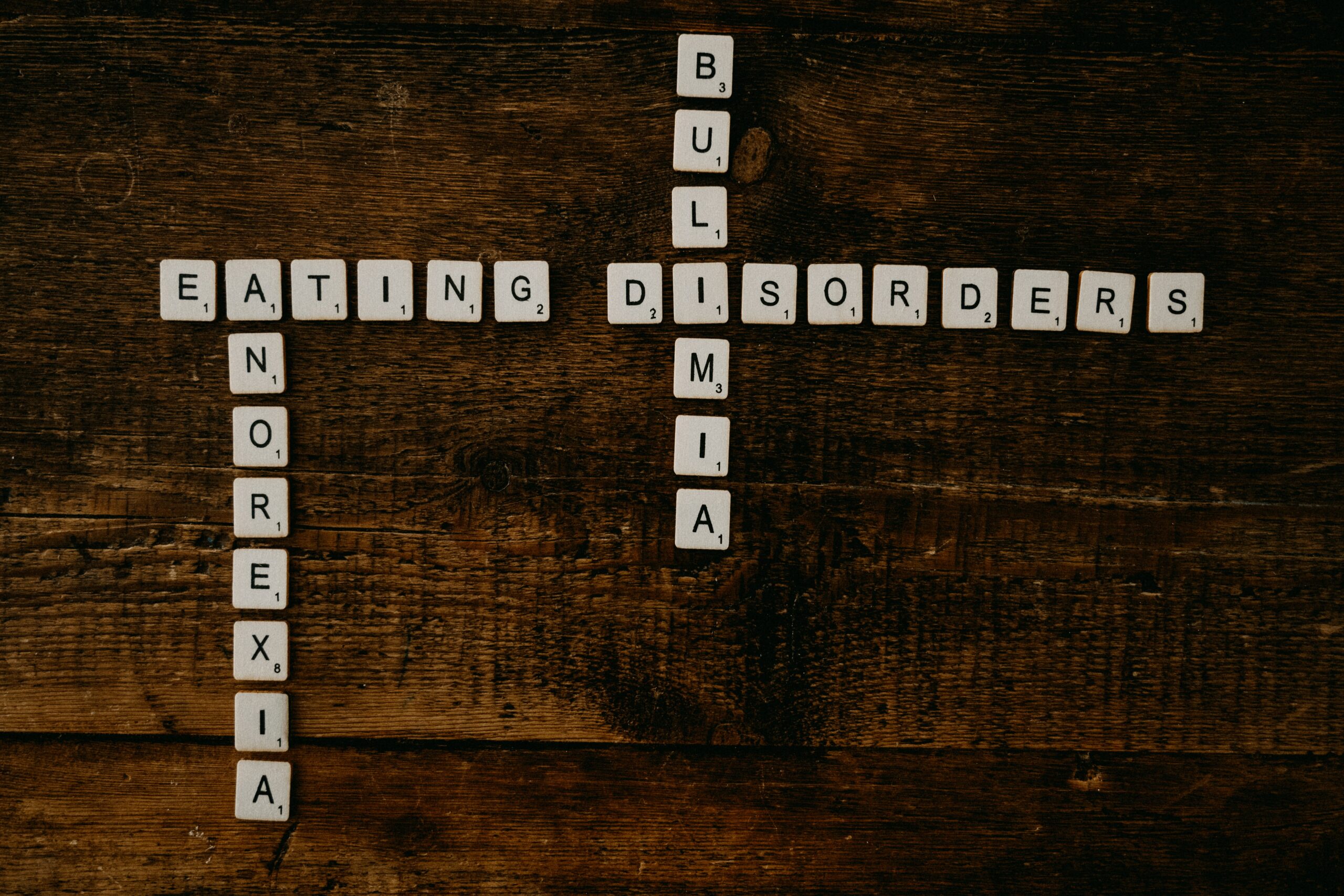Eating disorders
Complaining about our weight, paying attention to what we eat, and overeating are things we all do sometimes. But if your eating habits control your life, you may have an eating disorder. An eating disorder is a mental health condition that comes in many forms. Some people eat too little, while others eat a lot in a short time. Some vomit or exercise too much after eating. It’s difficult to talk to people with an eating disorder, because they’re often very good at hiding their problems. As a result, they do not get the right diagnosis and treatment.
Eating disorders are about feelings
Deciding to eat or not to eat can give you a sense of control if don’t feel safe. For example, because work or school cause you stress, when other people put a lot of pressure on you, or when you have problems at home. You can also feel unsafe during a major change, such as divorce or going to university. These situations are beyond your control, but you can decide what and how much you eat. An eating disorder is also a way to cope with shame or sadness. You may be ashamed of your body, grieving the end of a relationship, or you may be unhappy at work. By over- or undereating you can avoid your fear or sadness for a while.
The sooner you find the right help, the higher the chance of recovery. If you recognise yourself reading this, please talk to your GP.
Types of eating disorders
The official classification of eating disorders includes four types:
- Anorexia nervosa (AN)
- Bulimia nervosa (BN)
- Binge eating disorder (BED)
- Avoidant/restrictive food intake disorder (ARFID)
There are other types of eating disorders, which you can find here (in Dutch).
There is some overlap between different eating disorders. Binge eating, for example, can be a symptom of anorexia nervosa or bulimia nervosa. Patients with anorexia nervosa may develop bulimia nervosa or the other way round.
For more information on eating disorders, go to the following websites (all in Dutch):
- stichtingkiem.nl for reliable and accessible information about eating disorders, for patients and professionals.
- wijzijnmind.nl, for reliable information about mental heath conditions.
- weet.info, patient support group for people with an eating disorder and the people around them.
- ixtanoa.nl, an organisation for and by experience experts. Ixta Noa also provides online (self-) help and self-help groups.
- proud2bme.nl, a website for young girls struggling with eating and their self-image, and for their parents.
- 99gram.nl, a website about eating, appearance and weight for (young) girls with eating problems.
- dietisten-eetstoornissen.nl, this website lists dietitians who specialise in eating disorders.
- buropuur.nl, the information on this website is for teachers, professionals, family and friends.
- nee-eten.nl, website of the association of parents of children with chronic food refusal and feeding tube dependency.
Treatment
Treatment usually involves a combination of psychological help and physical care. Several forms of therapy are available, including cognitive behavioural therapy, systemic therapy and psychomotor therapy.
Each eating disorder is treated differently. An integrated care plan focuses on eating behaviour, weight, body perception and general mental health problems, such as insecurity, perfectionism, traumas and social functioning.
If you’d like to know if you have an eating disorder, you can take a test (in Dutch) on the website of Stichting Kiem.
